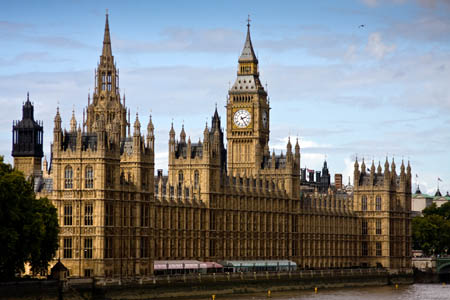The future of the organisation that co-ordinates the policing of wildlife crime remains in doubt after the coalition Government refused to confirm its continued funding.
MPs have criticised the move, along with a refusal to criminalise the possession of a poison that has been used to kill protected birds of prey.
The House of Commons’ environmental audit committee said the Government had missed an opportunity to protect wildlife with two simple measures.
The Scottish Government has already made it an offence to possess carbofuran, which has been used to poison raptors, including golden eagles.
Defra and the Home Office have provided £136,000 for the national wildlife crime unit in 2013-14 but the Government has refused to guarantee similar funding beyond next year.
And it has said it will wait and see how the ‘vicarious liability’ law works in Scotland before considering whether to introduce similar legislation south of the border. This law makes landowners responsible for wildlife crime committed on their land and has widely been seen as a way of making shooting estates control the activities of their gamekeepers.
Chair of the Commons environmental audit committee Joan Walley said: “The Government has missed an opportunity to take two simple measures to protect important wildlife threatened by poachers and criminals in the UK.
“It has failed to follow Scotland’s lead in criminalising possession of carbofuran – the main poison used to kill birds of prey.
“And it has refused to provide the long-term financial certainty that the national wildlife crime unit needs, only making money available for the next 12 months.
“It’s good news that the Government will watch how well the vicarious liability law works in Scotland, making landowners responsible for what happens on their estates.
“But the Government should also look at how well the tougher law in Scotland acts as a deterrent, not simply how many convictions there are there.”
The Government responded to the select committee’s recommendations made in an earlier report.
